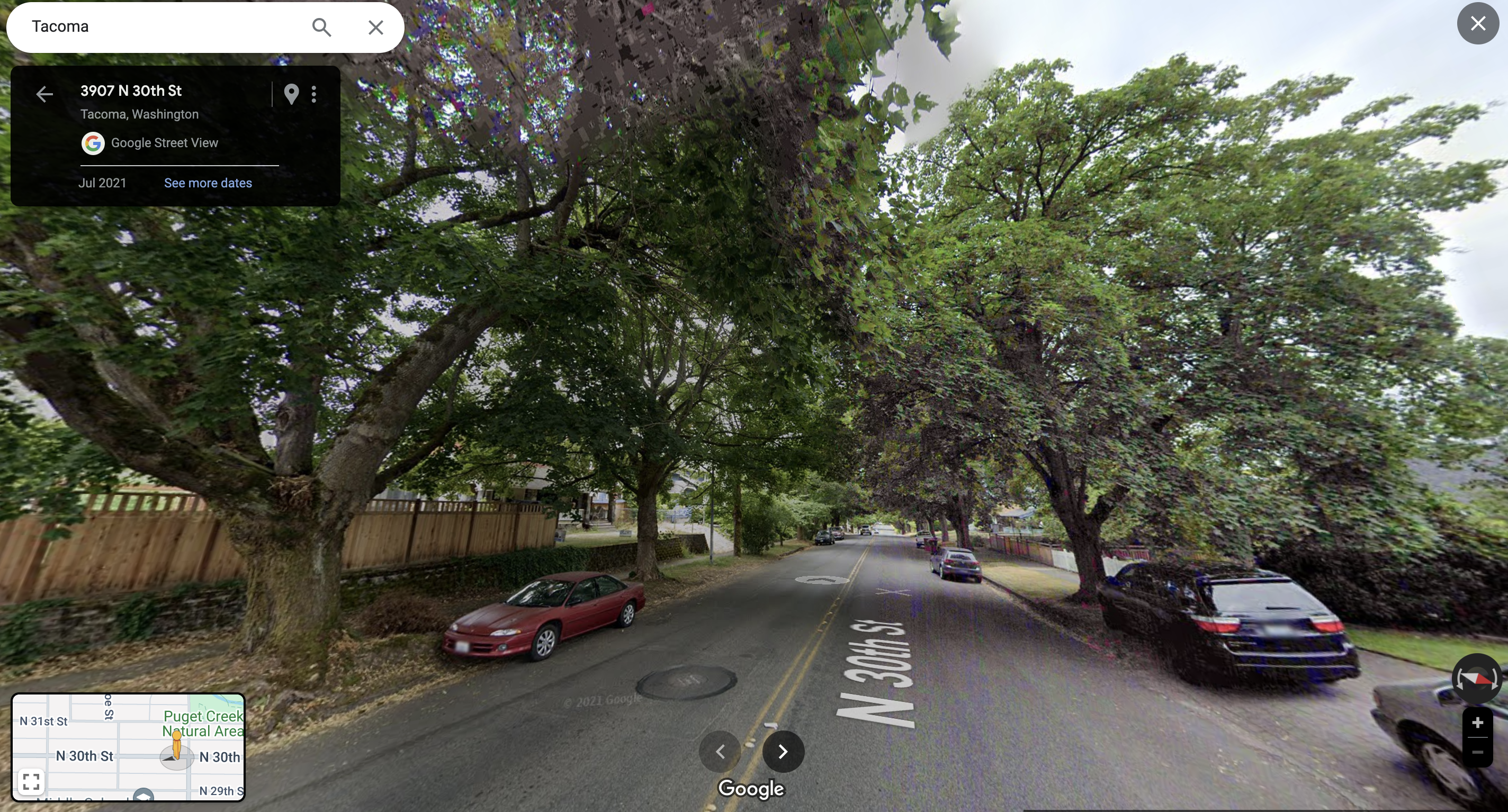Fees and deposits are essentially a form of insurance intended to prevent landlords from losing money if a tenant damages the unit or fails to pay. In this article, we explain how the Washington Residential Landlord Tenant Act deals with damage deposits and fees.
Importantly, a few municipalities like Seattle and Tacoma have enacted their own rules that are more restrictive than state law when it comes to fees and deposits. Most of the information contained in this article is still relevant in those jurisdictions, but you’ll also need to pay attention to the additional local restrictions (if any) to remain in compliance. After reviewing this article, you may want to read our companion article on Tacoma’s local tenant protections.
Damage deposits
In order to lawfully charge a damage deposit, a landlord needs three things at minimum: a written checklist, a written lease, and a trust account.
The written checklist details the conditions of the unit at the beginning of the tenancy. The checklist must be signed by both the landlord and tenant pursuant to RCW 59.18.260. If the landlord fails to provide the tenant with the checklist, the landlord is liable to the tenant for the entire amount of the deposit. Tenants have the right to request one free replacement copy of the checklist. We recommend that the landlord also take detailed photographs of the condition of the unit prior to tenant move-in in case proof of the unit’s condition is needed in court at some point.
In Washington State, landlords are required to provide tenants with a written rental agreement in order to collect a deposit. The rental agreement must also state the terms and conditions for a refund of the deposit and the location where the deposit is being held. If a landlord does not provide a written rental agreement and does not return the deposit, the tenant may be able to argue that the deposit has been withheld illegally.
Outside of Seattle, there is no limit on the amount a landlord can charge for a deposit. However, in Seattle, landlords are only allowed to charge up to one month’s rent for a security deposit and nonrefundable fees. Tenants in Seattle are also allowed to make a six-month payment plan for the security deposit, any nonrefundable fees, and last month’s rent. There is a similar rule in Tacoma. If you’re a landlord in Tacoma or Seattle, we highly recommend you check out our articles on the unique landlord-tenant laws those jurisdictions impose for more details.
Landlords are required to hold tenants’ deposit money in a “trust account” and provide the tenant with the name and address of the financial institution. A “trust account” is just a separate account that isn’t used for any other purpose besides storage of tenant deposits. More than one tenant’s deposit may be kept in the same account, but it’s important not to comingle rental payments or other money in the trust account. The landlord is entitled to any interest earned on the deposit money unless another agreement is reached. If the property is sold, the deposit money should be transferred to the new owner, who must also provide the name and address of the financial institution where the money is being held. Tenants should check with their new landlord to ensure that the deposit money has been transferred.
Non-refundable fees
Landlords can charge tenants nonrefundable fees, such as cleaning fees pursuant to RCW 59.18.285. However, these fees must be specifically designated as nonrefundable in writing and cannot be considered deposits. If a landlord charges nonrefundable fees and does not provide a written rental agreement, they are liable for the return of those fees.
Tenants who paid a nonrefundable cleaning fee at move-in cannot be charged for normal cleaning upon vacating, but they may be charged for additional costs due to tenant-caused damage.
Holding Fees
Landlords are allowed to take a deposit from a tenant to hold the unit before the tenant moves in pursuant to RCW 59.18.253. However, the landlord must provide the tenant with a receipt and a written statement outlining the conditions under which that money is refundable. If the tenant chooses not to occupy the unit, the landlord may legally keep the holding deposit as long as the landlords follows the conditions laid out in their written statement. If a landlord violates these requirements, they may be liable for the holding deposit amount, as well as a penalty up to two times the fee or deposit, court costs and attorneys’ fees.



